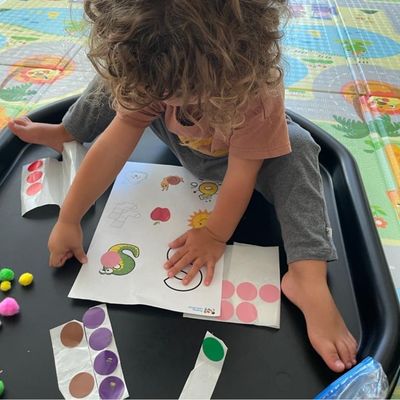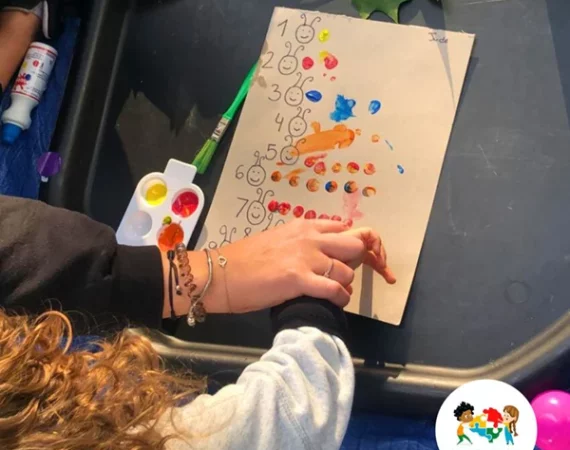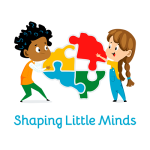Cognitive development refers to the growth and development of a child’s thinking, learning, problem-solving, and memory skills. In early childhood, cognitive development is a critical aspect of a child’s overall development. It lays the foundation for future learning and success in life.
During the first few years of life, a child’s brain is rapidly developing, and experiences during this time play a critical role in shaping the way the brain develops. Supporting cognitive development during this time can help children develop strong thinking and learning skills, which will help them succeed in school and beyond.
Domains of Cognitive Development
There are several different domains of cognitive development that children typically progress through during early childhood. These include:
Language development: The development of language skills is an important part of cognitive development in early childhood. As children develop their language skills, they are better able to communicate their thoughts and feelings, which can help them build stronger relationships with others.
Memory development: Memory plays a critical role in cognitive development, as it is important for learning and problem-solving. During early childhood, children’s memory skills improve dramatically, allowing them to retain and recall more information.
Executive function: Executive function is a set of cognitive processes that help children plan, organize, and regulate their behavior. These skills are important for academic success, as well as for success in life more broadly.
Perception: Perception refers to the way that children interpret and make sense of the world around them. Developing strong perception skills is important for learning and problem-solving.
Attention: Attention is a key component of cognitive development, as it helps children focus on important information and filter out distractions.
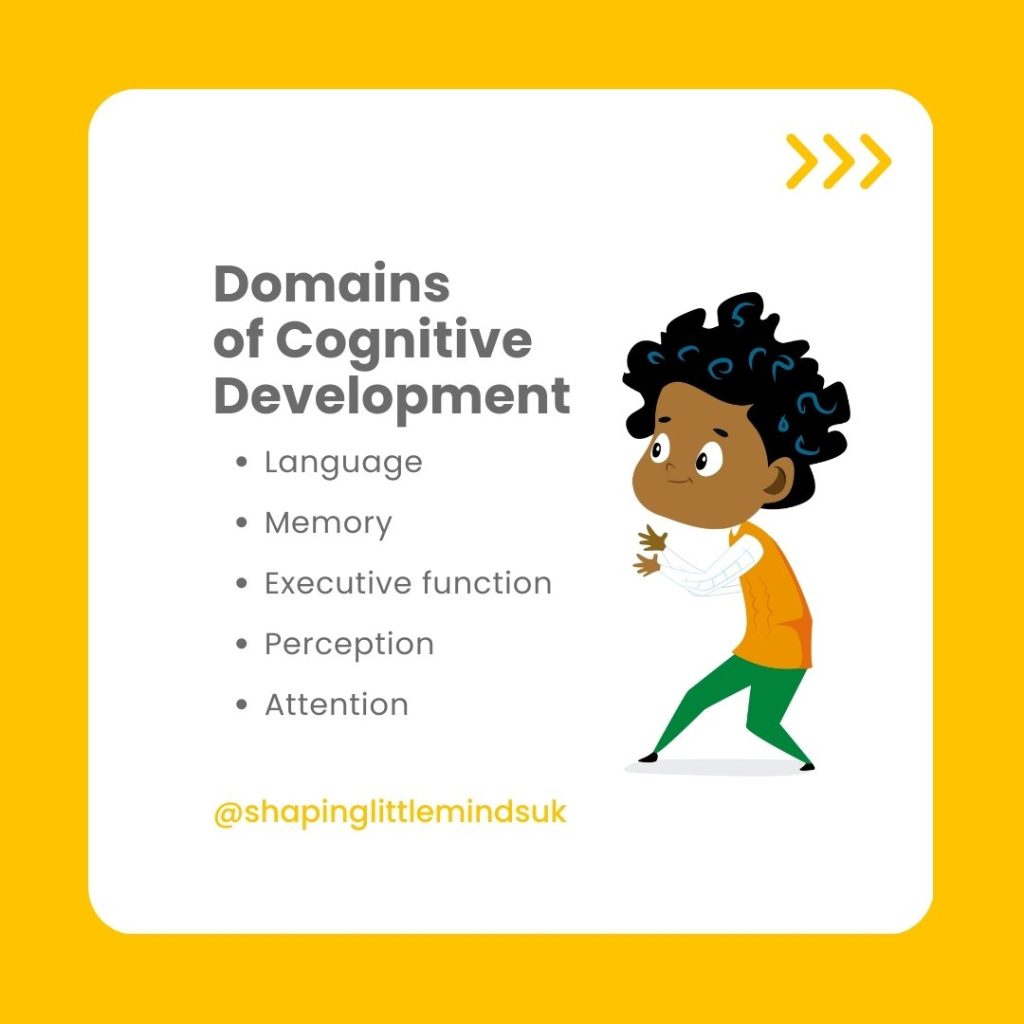
Tips for Supporting Cognitive Development at Home
There are many ways that parents can support their child’s cognitive development at home. Here are some tips:
Engage in Conversation:
Talking with your child and encouraging them to respond helps to develop their communication and language skills, which are key components of cognitive development.
Encourage Exploration:
Provide your child with opportunities to explore the world around them through sensory experiences, such as playing with different textures or observing nature. This helps to develop their curiosity and problem-solving skills.
Play Games:
Simple games such as matching, sorting, and puzzles can help develop cognitive skills such as attention, memory, and problem-solving.
Read Together:
Reading with your child is a great way to support cognitive development. It helps to develop language and literacy skills, as well as critical thinking skills.
Use Technology in Moderation:
While technology can be a valuable tool for learning, it is important to use it in moderation. Too much screen time can be detrimental to cognitive development.
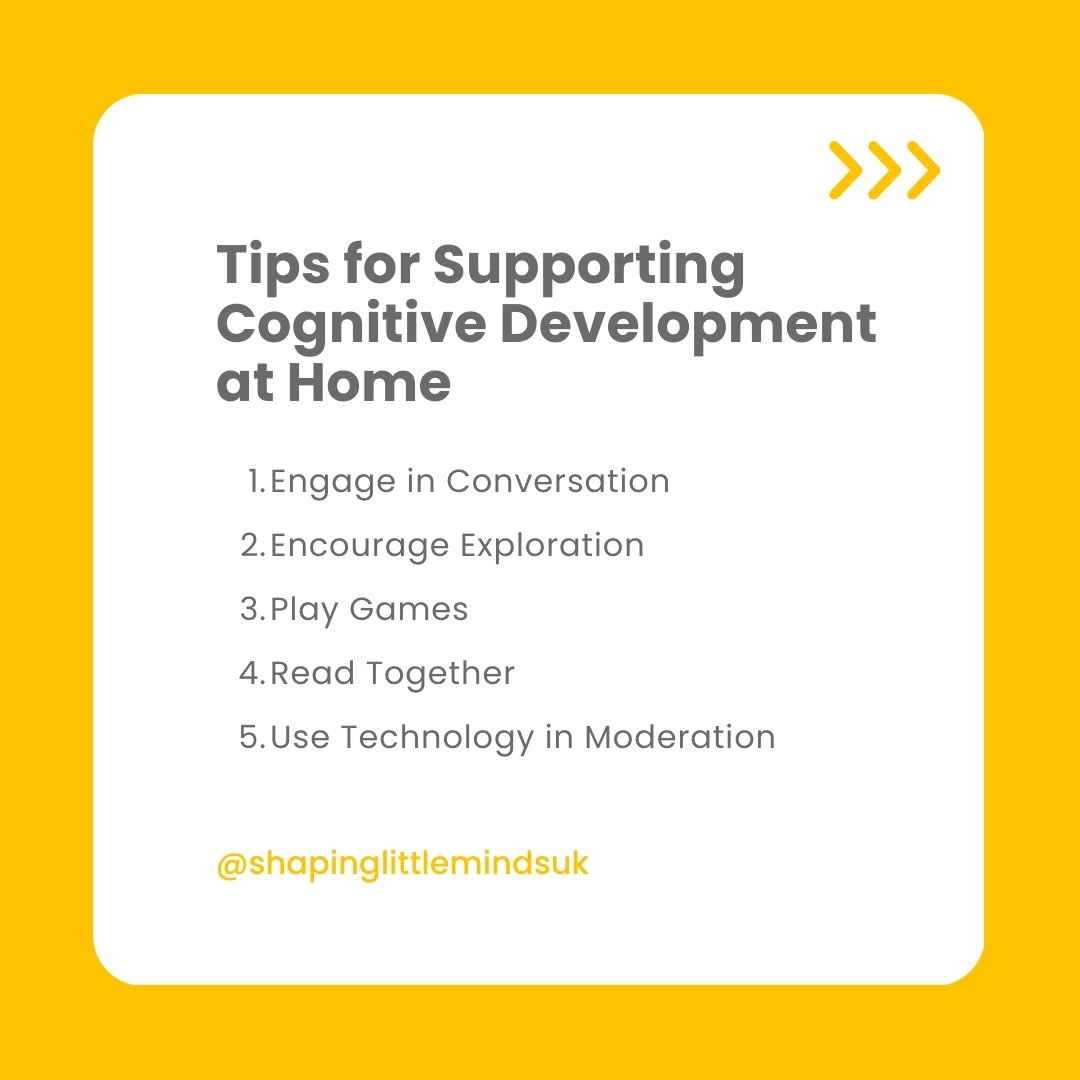
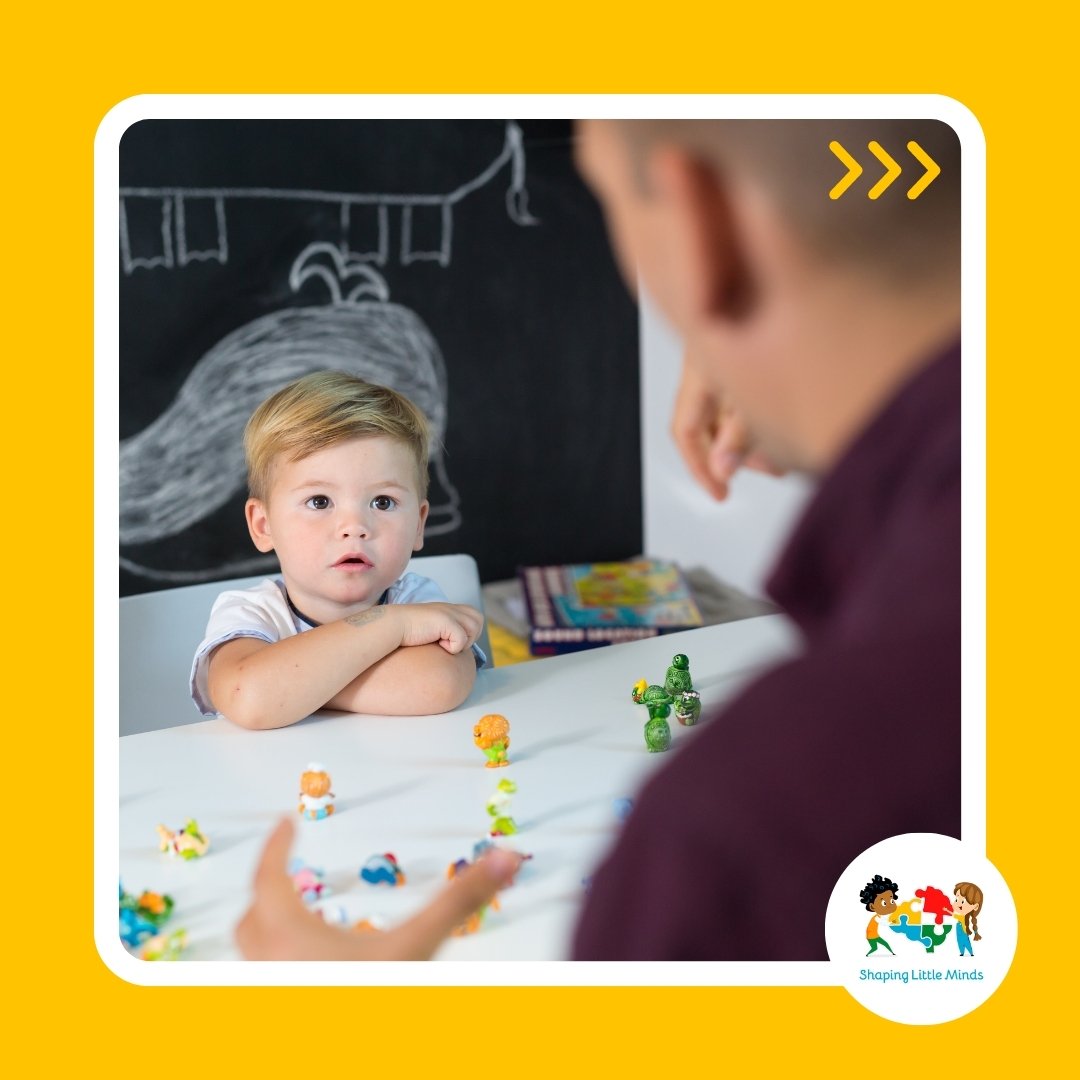
Cognitive Activities at Our Sessions
At our sessions, we provide a variety of cognitive activities that are adapted to each child’s age and developmental stage. Our activities include matching games, puzzles, sorting, and more. These activities are designed to help children develop their attention, memory, and problem-solving skills in a fun and engaging way.
In addition to these activities, we also provide opportunities for children to engage in imaginative play, which is an important part of cognitive development. Imaginative play helps children develop their creativity, problem-solving, and language skills.
In conclusion, cognitive development is a critical aspect of early childhood development, and it is important to support it through various activities and experiences. By providing opportunities for exploration, conversation, play, and reading, parents can help their children develop strong cognitive skills that will set them up for success in life. At our sessions, we provide a variety of cognitive activities that are tailored to each child’s needs, and we encourage parents to continue supporting their child’s


